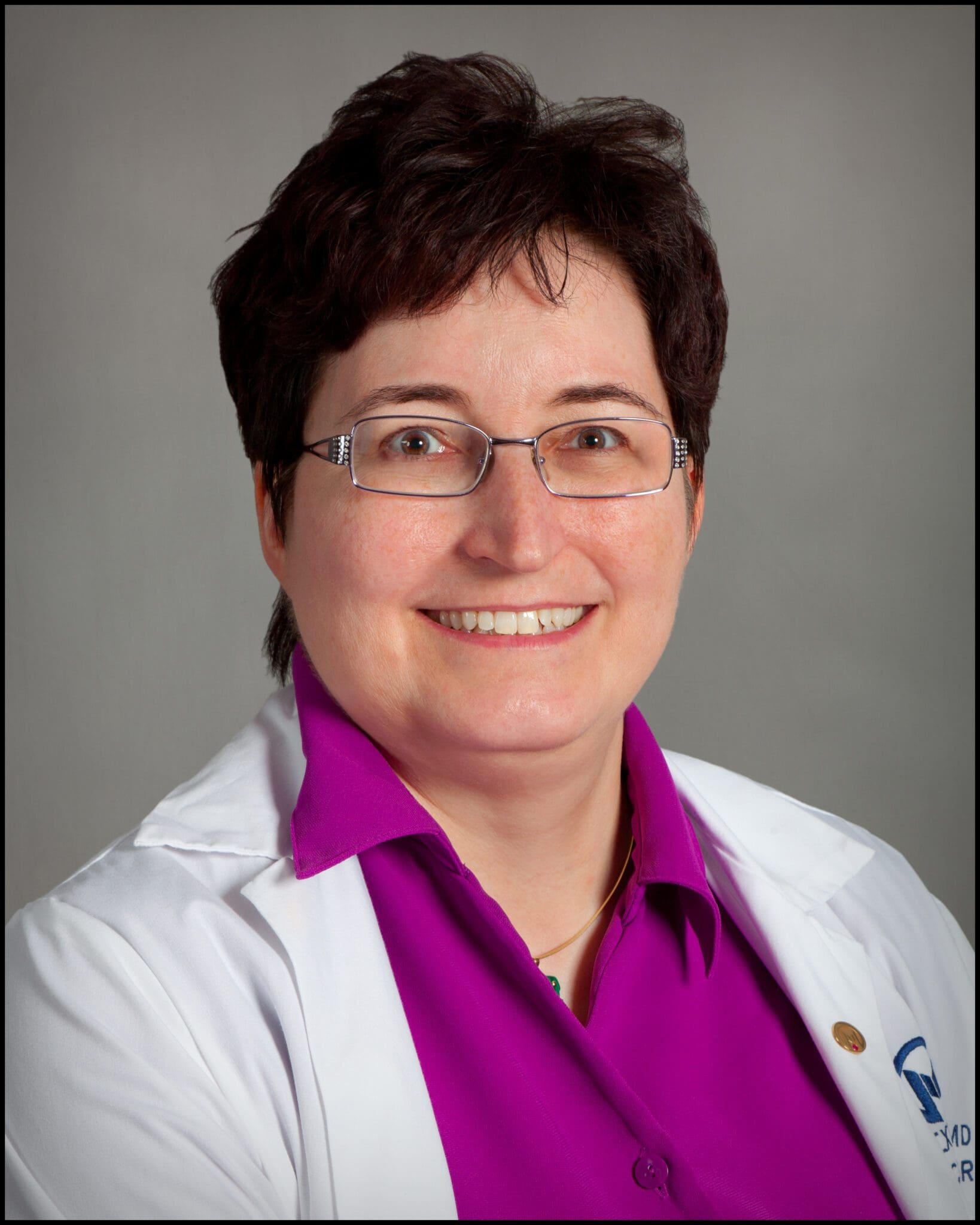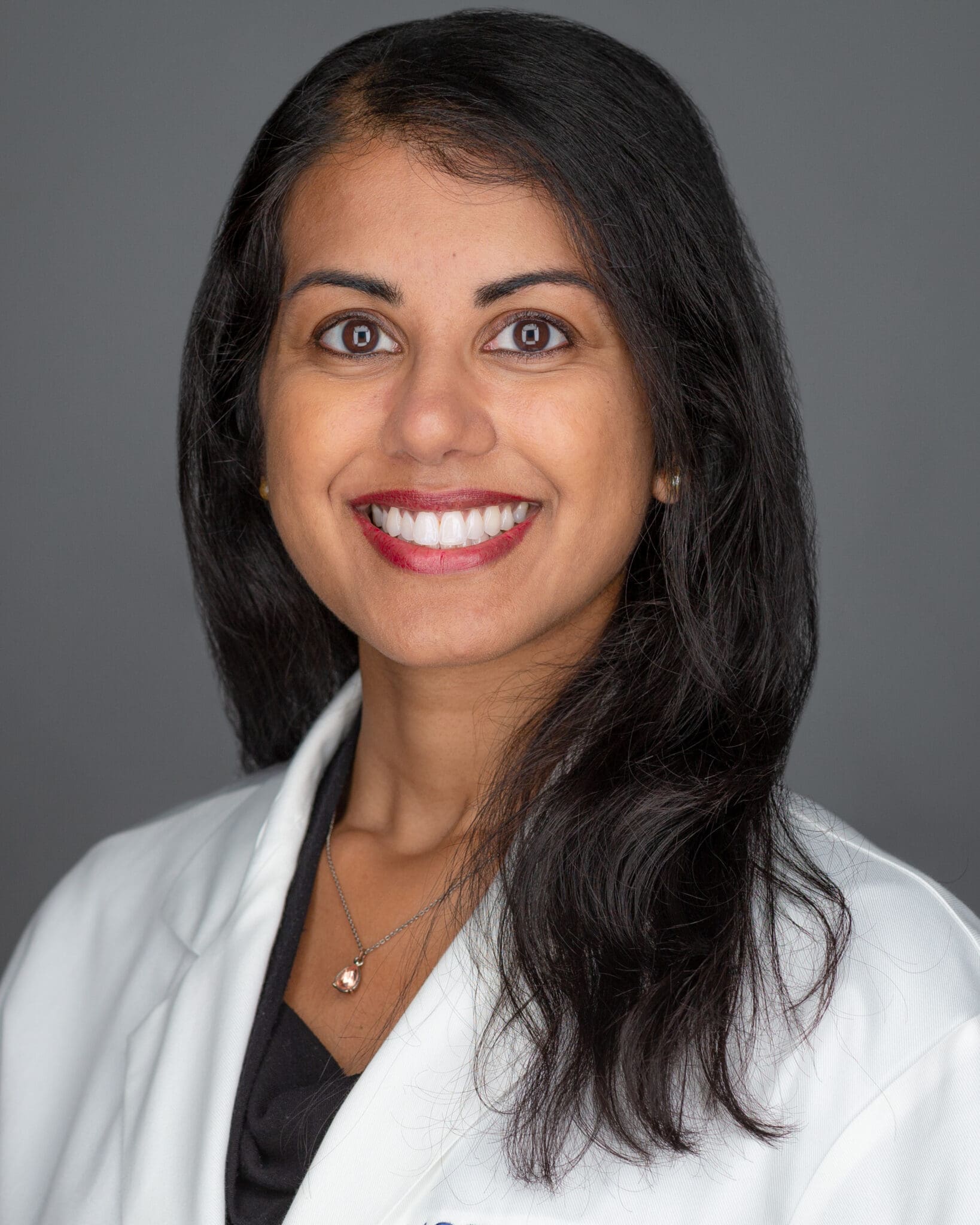Moffitt Cancer Center’s Senior Adult Oncology Program is working to afford the best treatment opportunities for all cancer patients, especially if they are older. A 75-year-old woman in the United States has on average 15 years to live, and an 80-year-old in this country has a 40% chance of living to 90.
“My elderly patients are surprised to hear that if they have cancer or metastatic cancer, it’s not an automatic tomorrow death penalty,” said Dr. Martine Extermann, chair of Moffitt’s Senior Adult Oncology Program. The program is specifically designed to meet the unique needs of patients older than 70.
Extermann started her career in geriatric oncology in the early 1990s, a time where many oncologists thought most cancer treatments were too toxic for older people. With half of cancers occurring beyond the age of 70, she knew it was time to focus on finding treatments for the aging population.
“We did a lot of research to demonstrate that we see real people in their 70s,” Extermann said. “Yes, they have cancer, but they also have other diseases. We all age differently and we have to find the proper treatment for each person. We have to weigh more carefully the pros and cons of the treatment and assess carefully a patient’s biological age and chronological age.”
Fast forward to today where Moffitt is a world leader in geriatric oncology. It was the first center in the U.S. to establish a senior adult oncology program.
“There are a number of challenges in treating older patients with cancer,” said Dr. Christine Sam, a medical oncologist in the Senior Adult Oncology Program. “The paradox is that although the majority of cancer patients are over 65, many of the landmark trials we base our guidelines on did not have senior patients on them. Even if they did, they usually are the fittest patients and do not represent some of the frail patients we see on a day-to-day basis.”
Moffitt researchers are trying to combat this problem with Total Cancer Care, a databank that tracks and studies tumor samples to help change the way doctors prevent, detect and treat cancer.
“A lot of older patients won’t fit into the profile of a clinical trial because they may have cancer plus diabetes or cancer plus heart disease, and there are no trials for those kinds of patients,” Extermann said. “We are trying to build from the data in Total Cancer Care patient profiles so we can find similar patterns in patients and help oncologists treat elderly patients better.”
Moffitt has been recognized as an Age-Friendly Health System Committed to Care Excellence by the Institute for Healthcare Improvement. It was the first hospital in Florida to receive the honor, which is given to health care institutions that are guided by an essential set of age-friendly, evidence-based practices.



